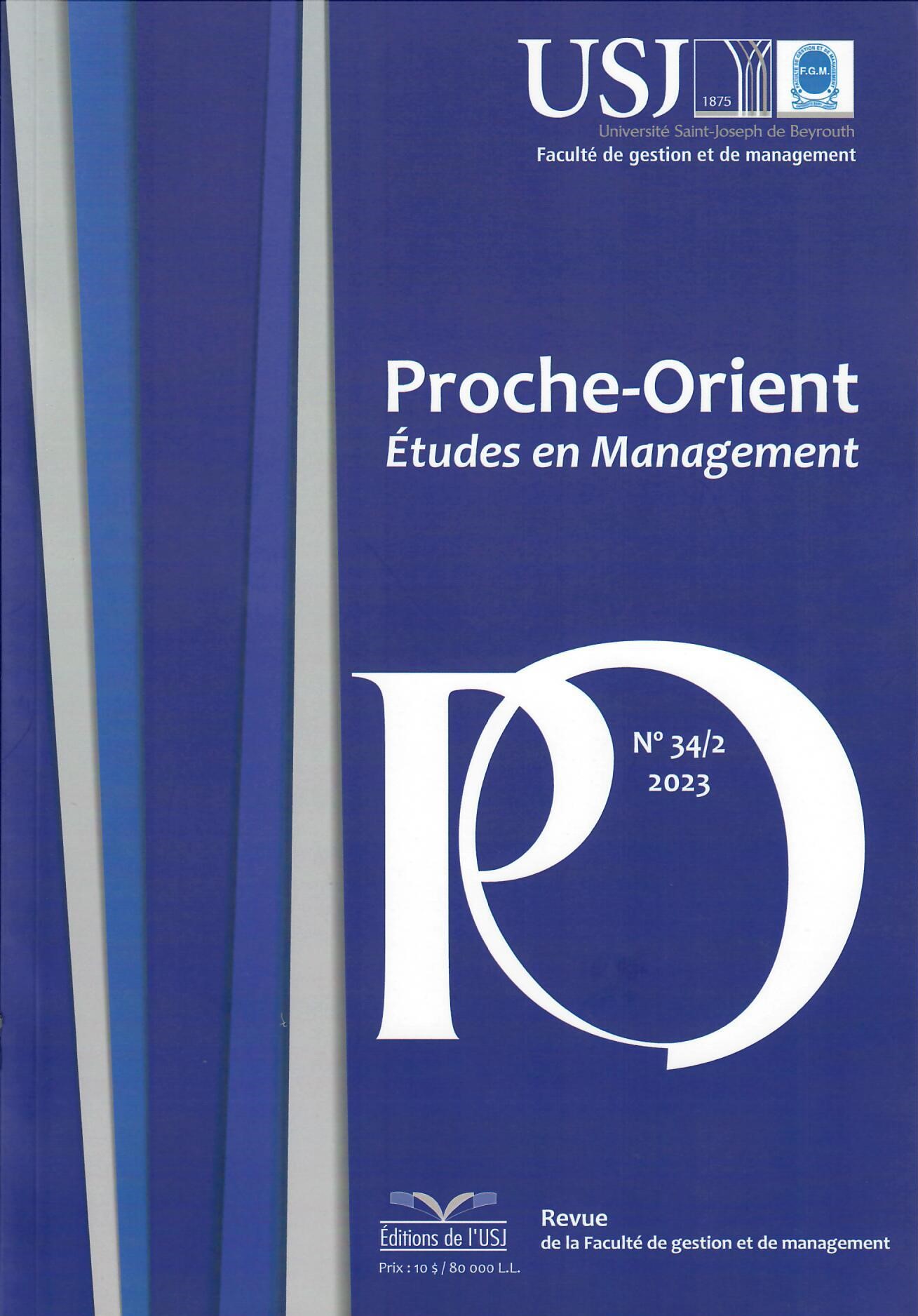Abstract
The purpose of this paper is to present an outline of the key concepts, practices, and challenges of international humanitarian non-governmental organizations (INGOs) supply chains in post-conflict environments. Literature from the humanitarian sector with regards to the post-conflict context is discussed. A Lebanese study spanning a network of 12 INGOs is explored via semi-structured interviews. The research provides insight into the overall dynamics of humanitarian supply chains in post-war countries while considering contextual factors – including public policies, crisis logistics, project sustainability, and more. The document also presents valuable information when it comes to the logistical support needed to ensure the deployment and sustainability of INGO projects to meet political and operational needs. The research is based on qualitative empirical data specific to Lebanon in terms of logistical security and transport infrastructure. Key findings include a set of ‘’Urgent Logistics’’ principles to be abided by INGOs and logistics procedures in post-conflict countries. Ultimately, the document leads to an analysis of the criteria of key performance/steering factors for INGOs wishing to secure and sustain their supply chains in very turbulent and unstable post-conflict environments

